The Looming Tower reveals the bitter CIA-FBI turf battles that led to the worst terrorist attack in America's history.
Vikram Johri checks out the gripping series now available in India on Amazon Prime.
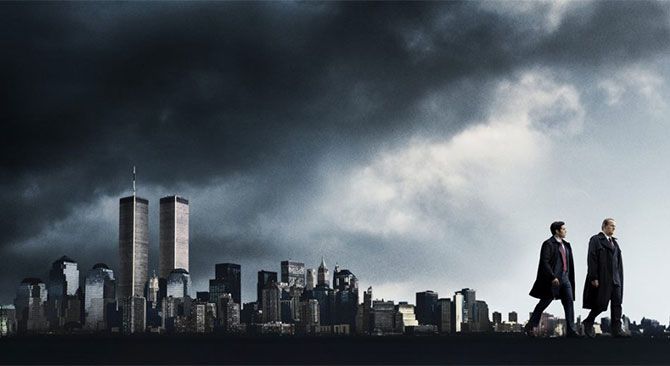
The Looming Tower, an excellent new show streaming on Amazon Prime Video, recounts the calamitous bureaucratic wrangles between American federal agencies that prevented them from acting on intelligence that a major terror attack had been planned on American soil on September 11, 2001.
The show is headlined by the formidable team of Lawrence Wright, who wrote the Pulitzer Prize-winning book The Looming Tower on which the series is based; Dan Futterman, the writer of such Oscar-nominated screenplays as Capote and Foxcatcher; and Alex Gibney, the documentarian whose films on the Enron scandal and scientology have earned critical acclaim.
The show combines archival footage -- grainy videos in which Osama bin Laden exhorted his followers to wage jihad -- with deft acting by a cast that portrays real people who worked at the Federal Bureau of Investigation (FBI) and the Central Intelligence Agency (CIA) as they tried containing the terror threat from Al Qaeda in the last decade of the 20th century.
That they failed spectacularly gives the series an urgency in spite of the time elapsed since the incident.
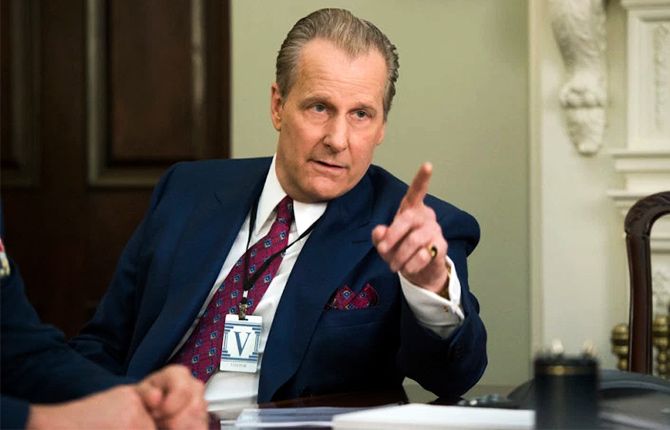
Jeff Daniels plays John O'Neill, a counter-terror agent at the FBI whose work on the 1993 World Trade Centre bombings alerted him early on to the threat posed by Al Qaeda.
O'Neill is a folk hero in the American security establishment -- his strenuous efforts to contain the threat from Al Qaeda were mired not just in bureaucracy but also personal issues such as infidelity and indebtedness.
The first episode builds up to the US embassy bombings in Kenya and Tanzania in 1998 -- and the differing responses the events provoked in the FBI and the CIA.
The CIA end is brought up by Martin Schmidt (not a real person, but inspired by many), played by Peter Sarsgaard, whose belief in taking out bin Laden is matched only by his conviction that sharing any intelligence with the FBI would compromise national security.
O'Neill, on the other hand, was of the view that capturing bin Laden alive and bringing him to America to face the law was a far more effective response to terror.
His junior Ali Soufan (Tahar Rahim), a Lebanese-American, had warned him of the potential of Al Qaeda using bin Laden's death at the hands of American missile strikes as the perfect recruitment drive.
To its credit, the show explains these differing philosophies as arising out of the painfully long process of law enforcement.
Schmidt wanted to neutralise bin Laden at any cost -- there is a scene where he loosely dismisses the prospect of collateral damage -- and felt sharing information would compromise the search his agency was carrying out in the tribal regions of Afghanistan.
Notwithstanding these differences in approach, the series hews to the historical record that the CIA won, at least in the short term.
After the East Africa bombings, it was able to convince President Clinton to bomb Sudan and Afghanistan as the possible hideouts of bin Laden or senior members of his team, including Ayman al-Zawahiri.
In one scene, Schmidt is shown calculating that Clinton would be only too glad to authorise the strikes since they could take the heat off the raging Monica Lewinsky scandal.
Bin Laden, however, escaped all attempts on his life and as the new millennium drew close, attacks on American interests abroad intensified.
O'Neill and Soufan were deputed to investigate the USS Cole bombing in 2000 -- another instance where they discovered that they could connect the dots if only the CIA had been forthcoming with intelligence.
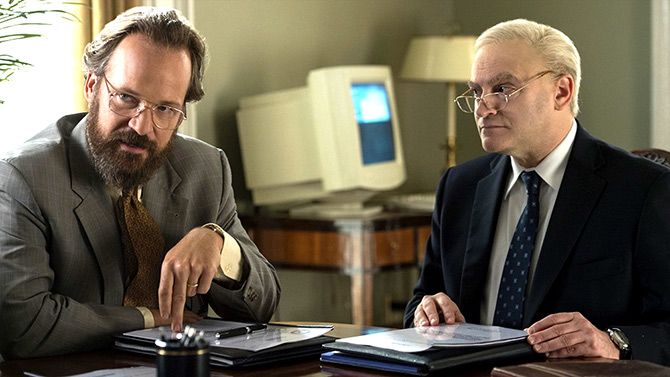
Over its 10-episode run, the show switches between events before September 11 and testimonies made at the 9/11 Commission, which investigated the lacunae in American preparedness.
This format accentuates the sense of impending disaster as the errors committed are sought to be wholly negated or partially justified with the grievously delayed benefit of hindsight.
But the show is most effective at presenting the battle between America and Al Qaeda as more than ideological.
Since 9/11, the role of non-State actors threatening freedom and democracy in West Asia has risen manifold, and the limits of military response, the favoured reaction in the fevered aftermath of that tragedy, have been acknowledged.
Meanwhile, there remains a fundamental gulf between State response and hardline Islamism in that the latter will always be nimbler than the former.
With the rise of Islamic State, the threat from Islamism has become more diffuse than it was from Al Qaeda.
The recurrence of a spectacular event such as 9/11 is not as likely today as the small-scale attacks witnessed in places like Paris, Brussels and Nice.
The spread of technology and the presence of sleeper cells in the West bring the threat closer home, as it were, events that have caused a churn in Western politics.
The Looming Tower is an inside look into an era where the first stirrings of these monumental shifts began to be felt, a time that seems almost quaint in retrospect.
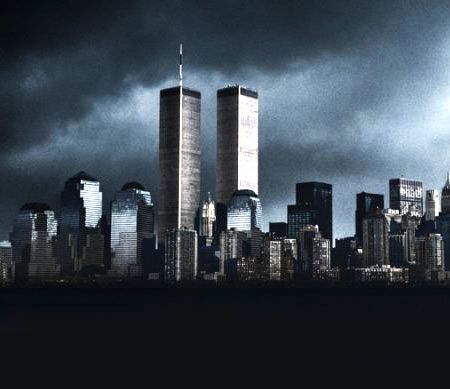








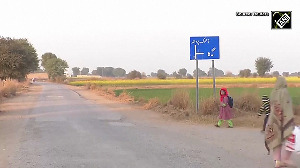

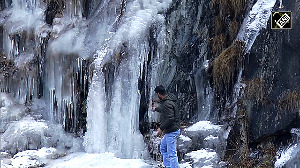
 © 2025 Rediff.com -
© 2025 Rediff.com -